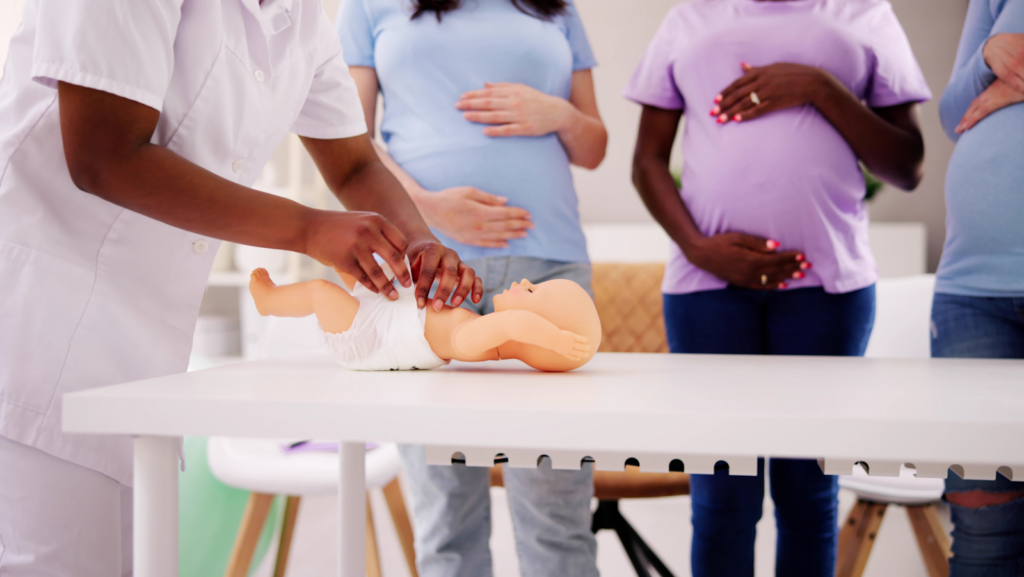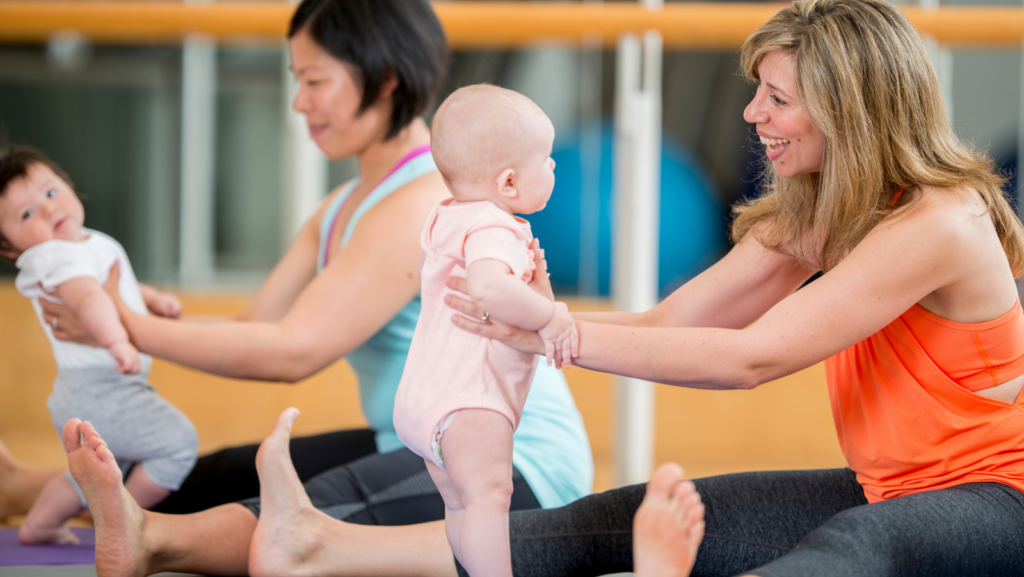In the world of parenting, nothing quite compares to the joy and challenges of welcoming a new baby into the family. But let’s face it, it’s not always a walk in the park. That’s where baby care classes come into play.
Join us as we delve into the world of baby care classes, exploring their benefits, what to expect, and how they can potentially transform your parenting journey. Get ready to discover if these classes are the missing piece in your parenting puzzle.
Baby Care Classes

Baby care classes play a pivotal role in preparing expectant parents for their upcoming journey. They serve as a practical guide, offering detailed insights into various aspects of newborn care. From decoding the newborn’s signals and troubleshooting common issues such as colicky behavior, to understanding the baby’s basic health care needs, these classes prove to be of immense value.
Baby care classes focus on newborn health and safety skills. Here, parents are educated on subjects like infant CPR, choking prevention, and safe sleep guidelines. The American Academy of Pediatrics, for instance, recommends certain safety practices, such as placing babies on their back to sleep, which is emphasized in these classes.
The importance of baby care classes extends beyond the acquisition of necessary skills. They act as confidence builders and help foster a secure, loving environment for the newborn. Every new parent could benefit significantly from these classes, considering the comprehensive and practical knowledge they impart.
What to Expect from Baby Care Classes
Baby care classes pack a wealth of information, providing perspectives on various aspects of infant care. These classes include a wide array of topics, offering practical insights into raising a newborn.
An exploration of daily care routines forms the backbone of these classes. Each class imparts essential skills like the correct technique of holding a newborn, understanding different types of cries, how to bathe, dress, and change a baby’s diaper, and comprehending vital feeding patterns.
Debunking Myths Around Baby Care Classes

Contrary to some common misconceptions, these training sessions are not a luxury privilege for new parents. They aren’t just courses embellished with tips and tricks for people who struggle with baby care. Baby care classes offer the solid foundation necessary for understanding baby’s needs, health, and wellbeing.
Myth 1: Reading books is enough. While reading parenting books does offer valuable information, they are not substitutes for baby care classes. Interacting with trained professionals, for instance, provides an opportunity for hands-on experience. Learning to swaddle a doll, practicing CPR on a dummy, or witnessing the proper way to latch a baby for breastfeeding proves more informative than merely reading about it.
Myth 2: Only first-time parents need baby care classes. Even if you have raised a child before, there might still be crucial, evolving information you’re unaware of. Trends in baby care change, with new research studies unveiling better methods or revoking previous practices. Thus, these classes enable even seasoned parents to stay updated on the latest in baby care.
Addressing these myths highlights the significance of baby care classes.
Tips on Selecting the Best Baby Care Classes
Firstly, it’s essential to identify personal goals and expectations from a baby care class. Parents might seek knowledge on vital topics like feeding techniques, diaper changing, infant CPR, or baby massage. While some might prioritize the creation of a community of parents navigating the same stage of life.
Given these goals, assessing the curriculum structure becomes primary. High-quality baby care classes present a comprehensive syllabus, cover diverse topics ranging from breastfeeding, infant sleep process to managing baby health crises.
Must Know
Baby care classes have proven to be a game changer in shaping confident, well-prepared parents. They’re not just an investment in knowledge but also a strategy for a less stressful, more rewarding parenthood journey. Whether it’s understanding newborn behavior or learning essential health practices, these classes provide a comprehensive toolkit for new parents.
